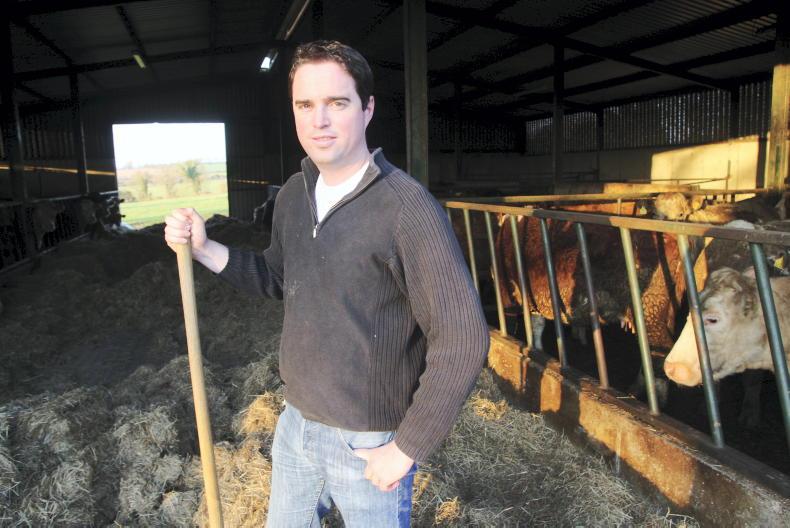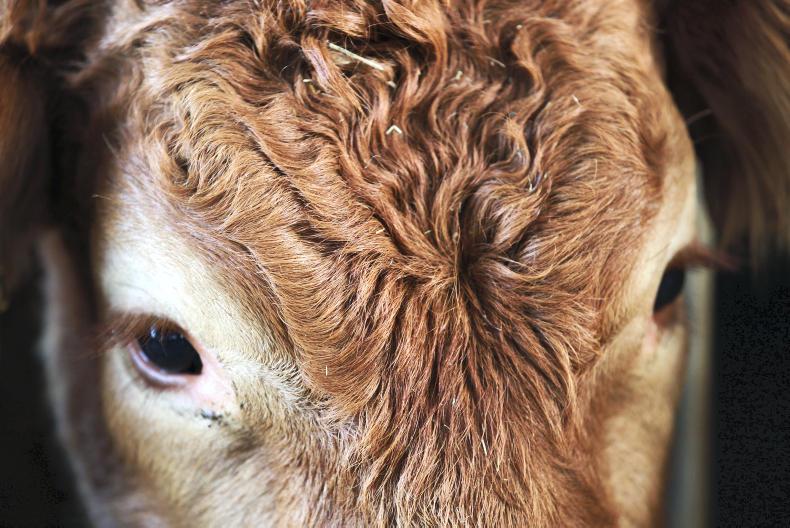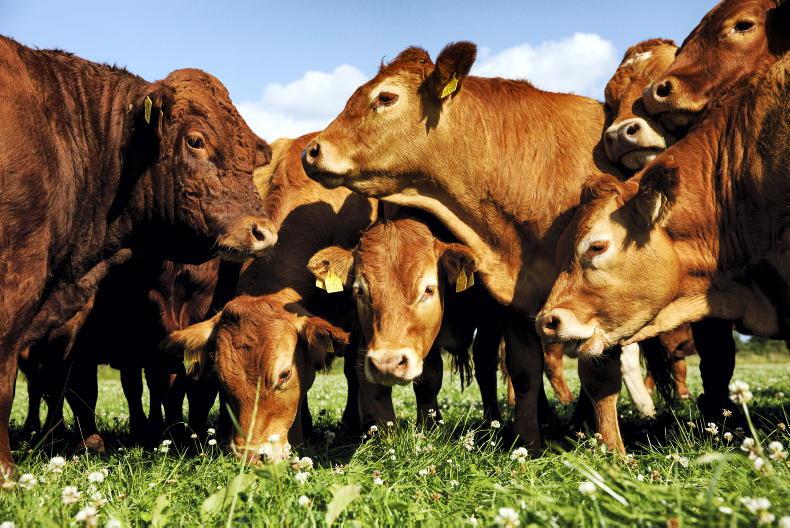Minister of State at the Department of Agriculture Martin Heydon has said that money is never given without some conditionality attached.
Minister Heydon made these comments before the Dáil in relation to the 3,600 farmers who will have some or all of the money they received through the Beef Exceptional Aid Measure (BEAM) scheme in 2019 recouped, because they failed to comply with the terms and conditions in the regulations.
However, as revealed in this week’s Irish Farmers Journal, the minister confirmed that Department officials have been instructed to apologise to the farmers affected, and acknowledged that the communication around the recoupment letter could have been clearer and was not handled properly.
Nevertheless, Minister Heydon was adamant that a condition of the money was that farmers were required, over the two-year period, to reduce the bovine organic nitrogen produced on-farm by 5%.
The Department made it clear to farmers there was no downside to applying for the deferment option
“Of the 3,600 farmers, 66% or 2,396 who are in the recoupment situation increased their nitrates during that reduction period,” he explained.
“The total being recouped is now €5.2m, with the average recoupment per farmer at €1,700.
“Among the 3,600 farmers, almost 10% of cases involve less than €200 and almost a quarter involve less than €400.
Reduction period
“Three-thousand-six-hundred farmers decided not to opt for the later reduction period and, as of the end of June 2021, have failed to meet the obligations they signed up to under the BEAM scheme's terms and conditions,” he added.
“The Department made it clear to farmers there was no downside to applying for the deferment option because we wanted to make sure everybody who wanted to apply for that deferment could do so without any fear,” insisted Heydon.
The later reduction period runs from 1 January 2021 to 31 December 2021, compared with the original period which ran from 1 July 2020 to 30 June 2021.
Farmers could apply for the deferral between 19 March and 21 June.
Terms and conditions
Minister Heydon said that the conditions were clearly set out in section seven of the BEAM scheme's terms and conditions in 2019.
The minister commented: “Such was the urgent nature of the market difficulty [in 2019] that the money was paid upfront, subject to the participants' compliance with the scheme requirements.
“Almost 19,000 farmers have now met their requirements and exited the scheme.
“All 33,000 farmers in the BEAM scheme had the opportunity to avail of the later reduction period if they wished and if it was necessary,” said the minister.
He continued: “Those who opted for the deferment but met the scheme conditions in the original period were automatically removed from the later reduction period because they had met the requirements.
“Eleven-thousand farmers have opted to avail of the flexibility. This has allowed a farmer to opt for a later reduction period over which the 5% could be delivered.
“Almost 5,300 farmer participants were in this category and have exited the scheme without recoupment,” added Minister Heydon.
He acknowledged there was a need for support to help farmers cope with market difficulties in 2019, which were largely driven by Brexit.
“That is why we fought hard to get money from Europe to establish the Beef Exceptional Aid Measure, which ended up with €77m being paid to 33,000 farmers in 2019, €50m of which came from the EU with the balance having come from the national exchequer.
The majority of those farmers made that conscious decision in the full knowledge that they were outside the terms and conditions of the scheme
“In return, farmers were required over the following two years to reduce by 5% their bovine organic nitrogen produced on the farm.
“The European Commission insisted there was an element of restructuring of the Irish beef sector built into the scheme,” he added.
Minister Heydon said that rules on recoupment of interest are the same across all schemes, but said that there is conditionality with respect to European rules involving European money.
“The majority of those farmers made that conscious decision in the full knowledge that they were outside the terms and conditions of the scheme.
“That was a business decision for them to make and they felt it was the right thing to do, which was their right, but the terms of the scheme mean that money has to be recouped,” he insisted.









SHARING OPTIONS